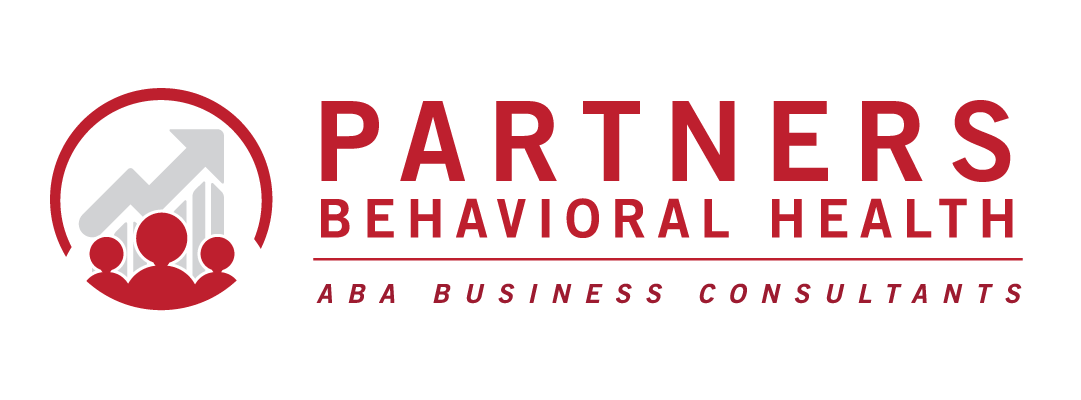I recently posted on Linkedin asking about common misconceptions in ABA. I’ll follow up over the course of a few posts tackling a few of them individually. I’ll highlight that there are some entirely valid concerns, particularly historically. This question specifically sought to identify what people see as common falsehoods or misconceptions. It can be, and is true that both exist – valid concerns, and the spread of misinformation. I think it’s important we tackle both, and that we do so within context.
So, here are my thoughts… Topic 1:
Do ABA professionals aim to make autistic people they serve “indistinguishable from their peers”?
I believe it is accurate to say that this language was once used as standard practice, and that this was once a goal. However, to say this was specific to ABA, or that it is standard practice today, is inaccurate.
As I reflect back on IEP meetings years ago, this was the nature of the conversation among the group of different professionals, not just behavior analysts.
Looking into research, I found this language tracing back to other disciplines such as psychologists and speech language pathologists. Would be great to see a thoughtful analysis on this.
From my recollection and perspective, it seems the values and perspectives related to the concept of normalization mirrored those of society more broadly. I’d love to see a more formal analysis related to this as well.
In ABA, and it seems other disciplines and society more broadly as well, focus as it relates to autism and neurodiversity has shifted to help the people we serve have the tools to access the things and experiences they want, and to live happy, healthy, and safe lives. Focus in general has also been on encouraging acceptance of people’s differences. It’s important we continue to teach skills within a context that respects, and a way that balances individuality, opportunity, and safety.
In sum, it seems to me this ideology was present in ABA as it was in other disciplines and society at large, that this has shifted over time, and representing this as specific to ABA or even a current practice is inaccurate and misleading.
Regardless of what others do, I hope we always aim to do better. With that in mind, and despite efforts that already exist toward this end, I’d like to see greater focus being placed on the therapeutic and learning experience, not in place of, but in addition to focus on outcomes.
What do you think?
Brandon Herscovitch, Ph.D., LABA, BCBA-D




